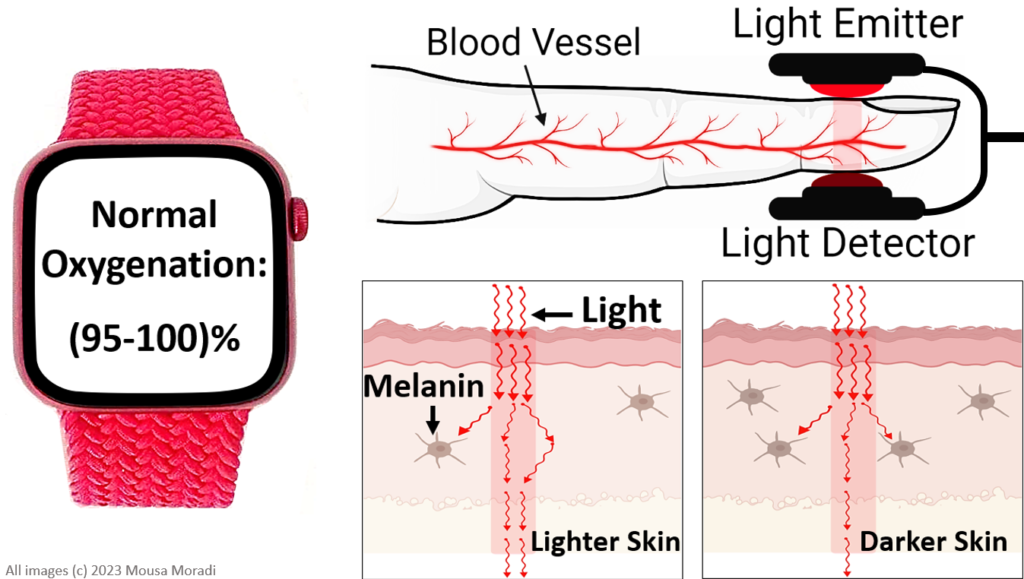1- Post Transplant Kidney Prediction using new Deep Learning algorithms:
I embarked on my initial task of using automated techniques to utilize kidney images and make predictions on the state of the kidney after transplant. Under the supervision of Dr. Chen, I was able to create a cutting-edge deep learning algorithm, called self-Attention, which was able to identify key components of the image and greatly decrease the amount of time required for training. Our team was the first to achieve this in the field of Optical imaging, and we presented our findings at the 2022 SPIE West Conference in San Francisco. We also published our work in the BOE journal, with the DOI number 10.1364/BOE.449942. Link to the paper: https://pubmed.ncbi.nlm.nih.gov/35774323/


2- Develop novel Deep Learning models to predict AMD stages: The second project that I was involved in was to identify biomarkers in order to make automated predictions about the severity of AMD in its early stages. My contribution to this project was to create an artificial intelligence (AI) model that was capable of categorizing three different levels of AMD. In contrast to previous research in AMD detection, we employed an ensemble mechanism that combined two separate deep learning models with a feature-based machine learning model. The results of this study demonstrated the robustness and accuracy of our approach for categorizing the three stages of AMD. We presented this research at the 2022 Virtual ARVO conference, and it was published in the Computers in Biology and Medicine journal, with a DOI number of 10.1016/j.compbiomed.2022.106512. Link to the paper: https://www.sciencedirect.com/science/article/pii/S0010482522012203


3- Computational Modelling to develop standard testing methods for Pulse Oximetry and NIRS devices: My most recent project involved the creation and validation of a set of test methods that could be used as standard benchmarks for pulse oximetry devices. To accomplish this, we employed computational modeling to simulate how light travels through adult index finger tissue and to assess the effects of various biological and device design factors on device performance. Through this project, we gained a wealth of knowledge regarding the factors that impact the quantitative accuracy of pulse oximetry. As the sole engineering representative, I had the opportunity to present our findings at the 2023 campus final three-minute thesis competition held by UMASS graduate school. Link to the YouTube video: https://www.youtube.com/watch?v=9S_IWQdupvA


